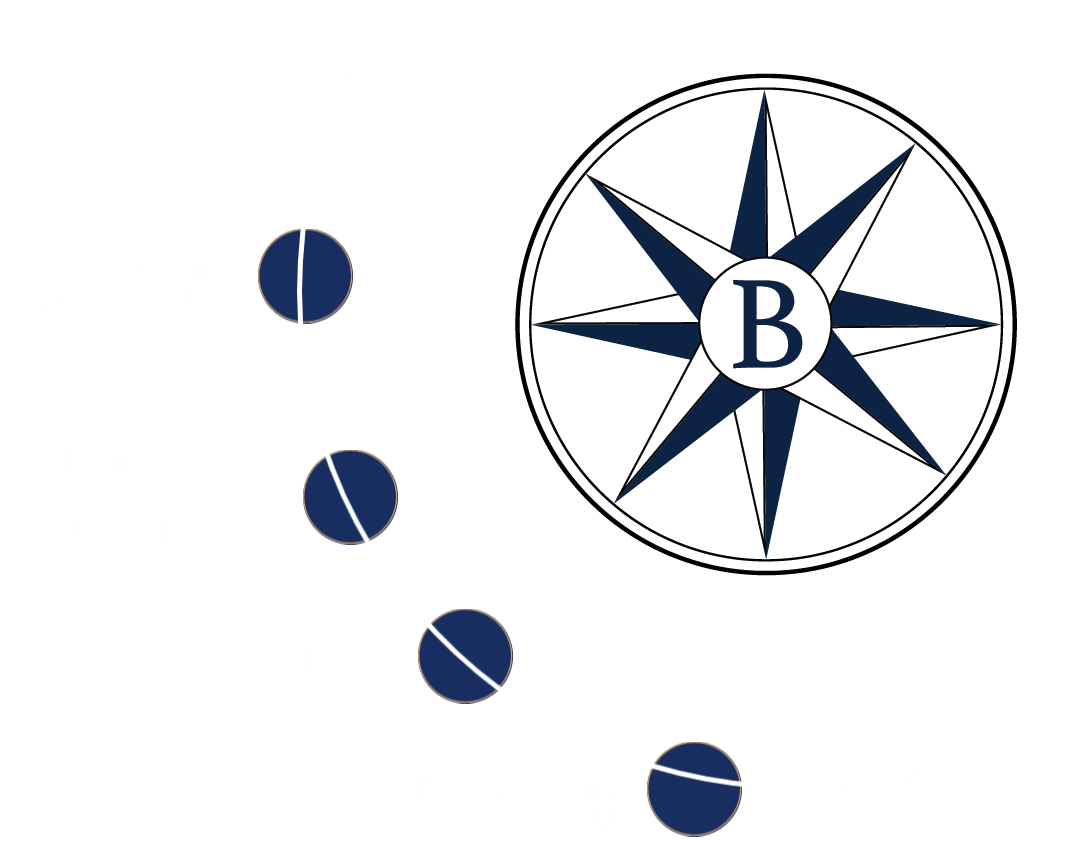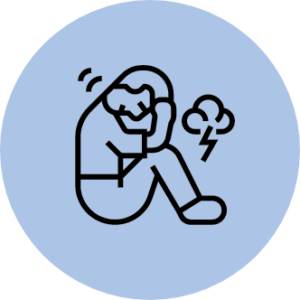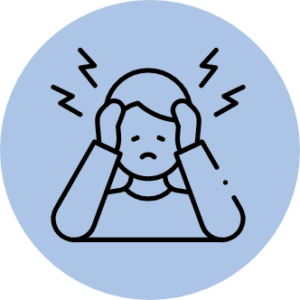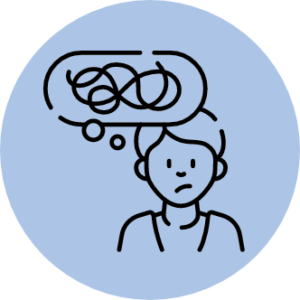Dual Diagnosis Treatment in Orange County, California

Understanding the Intersection of Substance Abuse and Mental Health Disorders
Substance abuse and mental health disorders often go hand-in-hand, impacting millions of lives in California every year. This complex interplay creates unique challenges for those affected, necessitating specialized treatment approaches. Dual diagnosis treatment services are essential because they address both conditions simultaneously, offering a more holistic and effective path to recovery and wellness.

What is a Dual Diagnosis?
What are Co-Occurring Disorders?
Co-occurring disorders are what cause a dual diagnosis, referring to the simultaneous presence of a mental health disorder and a substance use disorder in an individual. This combination can be particularly challenging as these disorders can mutually intensify each other’s symptoms, often leading to a vicious cycle of worsening mental health and escalating substance use.
These disorders need to be treated in a coordinated way because treating one without addressing the other can impede overall recovery and potentially lead to relapse. The complex nature of co-occurring disorders underscores the importance of seeking treatment from a California facility that specializes in dual diagnosis treatment, effectively integrating mental health and substance use treatment strategies.
How Can Dual Diagnosis Treatment Address Mental Health and Substance Use Disorders?

Assessment
This approach starts with a thorough assessment to understand the individual’s unique experiences and the interplay of their co-occurring disorders.

Treatment Plan Developed
Based on this assessment, a personalized treatment plan is developed, incorporating evidence-based therapeutic methods, like cognitive-behavioral therapy, dialectical behavior therapy, and medication-assisted treatment. These methods aim to mitigate the symptoms of the mental disorder, reduce dependency on substances, and equip the individual with healthy coping mechanisms.

Ongoing Aftercare and Support
After treatment, individuals will still need to maintain their progress by attending aftercare events, therapy sessions, and support groups. These shifts, along with shifts in lifestyle, can help people live practically symptom-free! But it’s important to remember that this requires ongoing effort and discipline.
The ultimate goal of dual diagnosis treatment is to empower individuals to manage their conditions effectively, paving the way to a balanced and sober life. Such comprehensive treatment is provided, notably, at Breakwater Behavioral Health Services trusted for its accessible, affordable, and highly effective treatment options.
Common Co-Occurring Disorders
Anxiety disorders and addiction often co-occur, creating a self-perpetuating cycle that can be difficult to break. Anxiety, a mental health condition characterized by persistent and excessive fear or worry, can significantly disrupt a person’s daily life. To cope with these overwhelming feelings, individuals may turn to drugs or alcohol, ultimately leading to addiction.
Substance use can provide temporary relief from the symptoms of anxiety, but over time, it amplifies the condition. As substances begin to wear off, anxiety symptoms re-emerge, often more intense than before, leading to increased substance use to alleviate the heightened anxiety. This creates a vicious cycle of escalating anxiety and addiction, necessitating a dual diagnosis treatment approach.
Depression and addiction frequently coexist, forming a destructive circle that can feel impossible to escape. Depression, a debilitating mental health disorder marked by persistent feelings of sadness, hopelessness, and loss of interest in previously enjoyed activities, can profoundly impact an individual’s quality of life. In an effort to escape or numb these distressing feelings, individuals may resort to substance use, which can rapidly develop into an addiction.
Substance use can offer a fleeting respite from the crushing symptoms of depression, but in the long run, it exacerbates the disorder. As the effects of the substances fade, depressive symptoms often resurface, often with increased severity, leading to greater reliance on substances to cope. This can create a relentless cycle of deepening depression and escalating addiction, underscoring the need for a dual diagnosis treatment approach.
Obsessive-Compulsive Disorder (OCD) and addiction often coexist, forming a challenging confluence of disorders that requires specialized attention. OCD, a mental health condition characterized by recurring, unwanted thoughts, obsessions, or compulsions that drive a person to perform specific actions, can greatly disrupt an individual’s daily life. To manage these intrusive thoughts or lessen the anxiety caused by them, individuals may resort to substance use, which can swiftly lead to addiction.
Substance use may initially seem to provide relief from OCD symptoms, creating a temporary escape from the cycle of repetitive thoughts and behaviors. However, with time, it reinforces and worsens the disorder. As the substance’s effects diminish, OCD symptoms often return, typically with heightened intensity due to withdrawal-induced anxiety, leading to increased substance use as a coping mechanism. This perpetuates a destructive cycle of escalating OCD symptoms and deepening addiction, demonstrating the crucial need for a dual diagnosis treatment approach.
Trauma or Post-Traumatic Stress Disorder (PTSD) and addiction often occur together, manifesting a complex relationship that demands comprehensive treatment. PTSD is a mental health condition triggered by experiencing or witnessing a terrifying event, leading to persistent, intrusive memories or flashbacks that can significantly disrupt an individual’s life. This constant state of stress and heightened fear response can lead individuals to self-medicate with drugs or alcohol as a misguided attempt to cope, which can rapidly progress into addiction.
Substance use might appear to offer temporary relief from the intense PTSD symptoms, providing an artificial sense of calm or temporary dissociation from distressing memories. However, as the effects of the substance disappear, PTSD symptoms often return with increased severity, intensified by the added stress and anxiety of addiction.
This can lead to a devastating cycle of escalating PTSD symptoms and deepening substance dependence, necessitating a dual diagnosis treatment approach that addresses both disorders concurrently.

https://nida.nih.gov/research-topics/comorbidity/comorbidity-substance-use-other-mental-disorders-infographic
https://nida.nih.gov/publications/research-reports/common-comorbidities-substance-use-disorders/part-1-connection-between-substance-use-disorders-mental-illness
https://nida.nih.gov/publications/research-reports/common-comorbidities-substance-use-disorders/what-are-some-approaches-to-diagnosis

